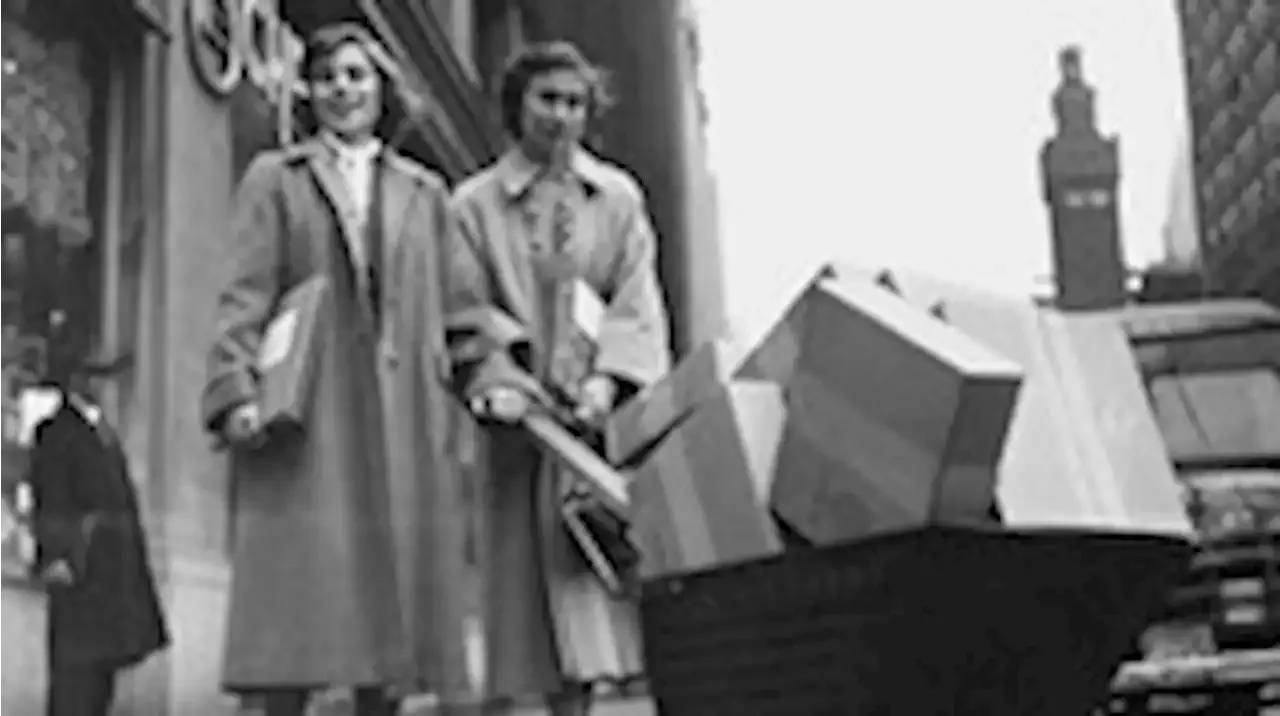Ms. Mantell was undeterred. She was still thinking about the possibilities of recorded poetry when she sat down for lunch early the next year with her college classmate Barbara Holdridge, a fellow 22-year-old who was similarly disenchanted by her job at a publishing house. The two friends got to talking about the Welsh poet Dylan Thomas, whose recent piece
“Caedmon proved that spoken-word recordings could be both culturally significant and commercially viable,” said literary scholar Matthew Rubery, who chronicled the company’s history as part of his 2016 book “The Untold Story of the Talking Book.” Poetry has been a part of recorded sound ever since Thomas Edison invented the phonograph in 1877, showing off his creation by recording “Mary Had a Little Lamb” on tinfoil. But it took decades to realize the potential of spoken-word recordings, with help from technological innovations such as magnetic tape and the long-playing record, or LP, which enabled Caedmon — and competitors such as Listening Library and Spoken Arts — to record longer texts without interruption.
would be worth subscribing to for the obit section alone. This is a wonderful story...
My dyslexic son got his love for literature through her work. Now in his twenties he also reads himself, but he really loves listening to Audiobooks
